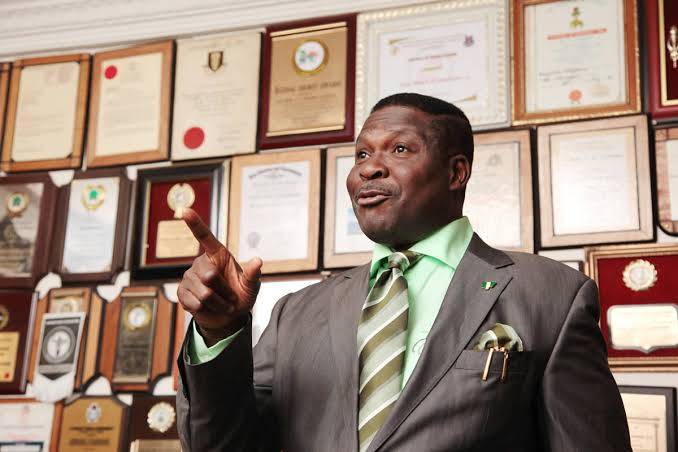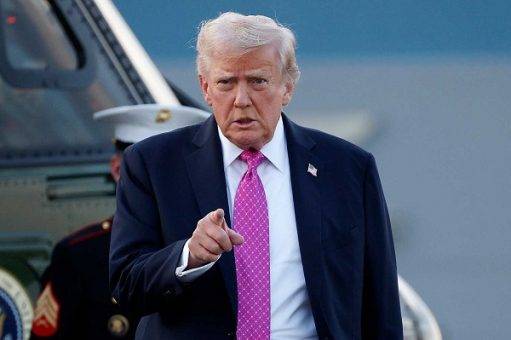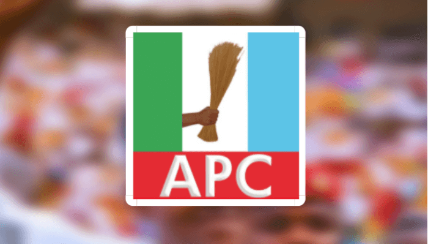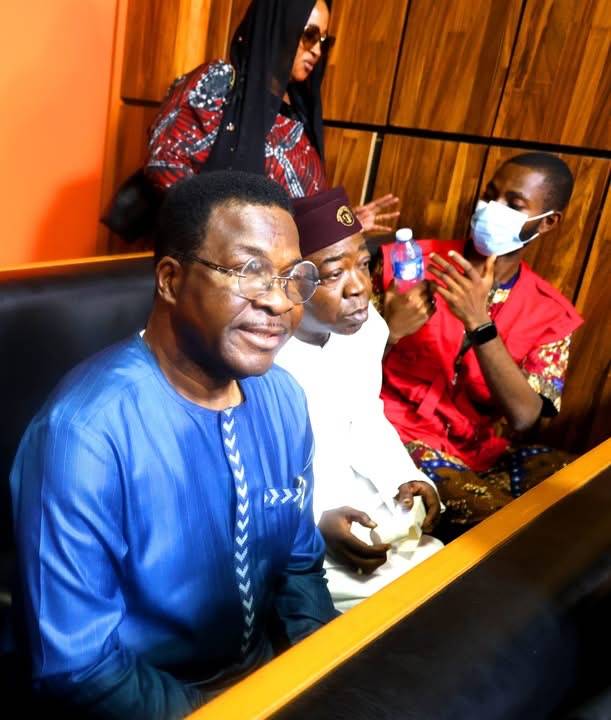Leaders of the United States, United Kingdom, France and Germany have called for restraint around the Russian-occupied Zaporizhzhia nuclear plant in Ukraine, as artillery shells continued to rain down on a city near the facility.
In a statement on Sunday, the White House said the four leaders spoke by phone and discussed the situation at Zaporizhzhia, “including the need to avoid military operations near” the plant, which is Europe’s biggest atomic power station.
US President Joe Biden, British Prime Minister Boris Johnson, German Chancellor Olaf Scholz and French President Emmanuel Macron also spoke about the importance of a visit to the nuclear site by independent inspectors of the International Atomic Energy Agency (IAEA) as soon as possible, it added.
A flare-up in fighting around the nuclear power station, with both sides blaming each other for attacks, has raised the spectre of a disaster worse than in Chernobyl. The world’s worst nuclear disaster took place in 1986, about 110km (68 miles) north of the capital Kyiv, when an explosion at the plant’s fourth reactor sent clouds of radiation billowing across much of Europe.
Ukrainian President Volodymyr Zelenskyy has previously said the consequences of a radiation accident at Zaporizhzhia “could be even more catastrophic than Chernobyl, and essentially the same as the use of nuclear weapons by Russia, but without a nuclear strike”.
United Nations Secretary-General Antonio Guterres last week said he was “gravely concerned” at the situation around the facility, renewing his call for demilitarisation of the plant. Russia meanwhile has accused Ukraine of preparing a “provocation” at the site that would see Moscow “accused of creating a man-made disaster at the plant”.
Amid the fighting and the tensions, the French presidency on Friday said Russian President Vladimir Putin has agreed that IAEA inspectors can travel to the nuclear plant for an inspection.
Al Jazeera’s Patty Culhane, reporting from Washington, DC, said the four leaders were likely to have discussed Macron’s conversation with Putin, as well as contingency plans for a possible disaster at Zaporizhzhia.
“If the worst case happens, if there is a malfunction at the plant, if there is a radioactive cloud, and if it drifts into a NATO member country, what are they going to do? They likely talked about this. Remember, Article 5 of the NATO charter says a direct attack on any NATO country means that NATO then instantly gets involved in the war. Well, would a radioactive cloud be considered a direct attack on that country?” said Culhane.
The leaders issued a readout of their conversation as a message to the Kremlin and to Putin that “this issue is one that these leaders are taking very seriously,” said Culhane, and was intended to “send a message that they are working on what the response would be”.
Source: Al Jazeera












